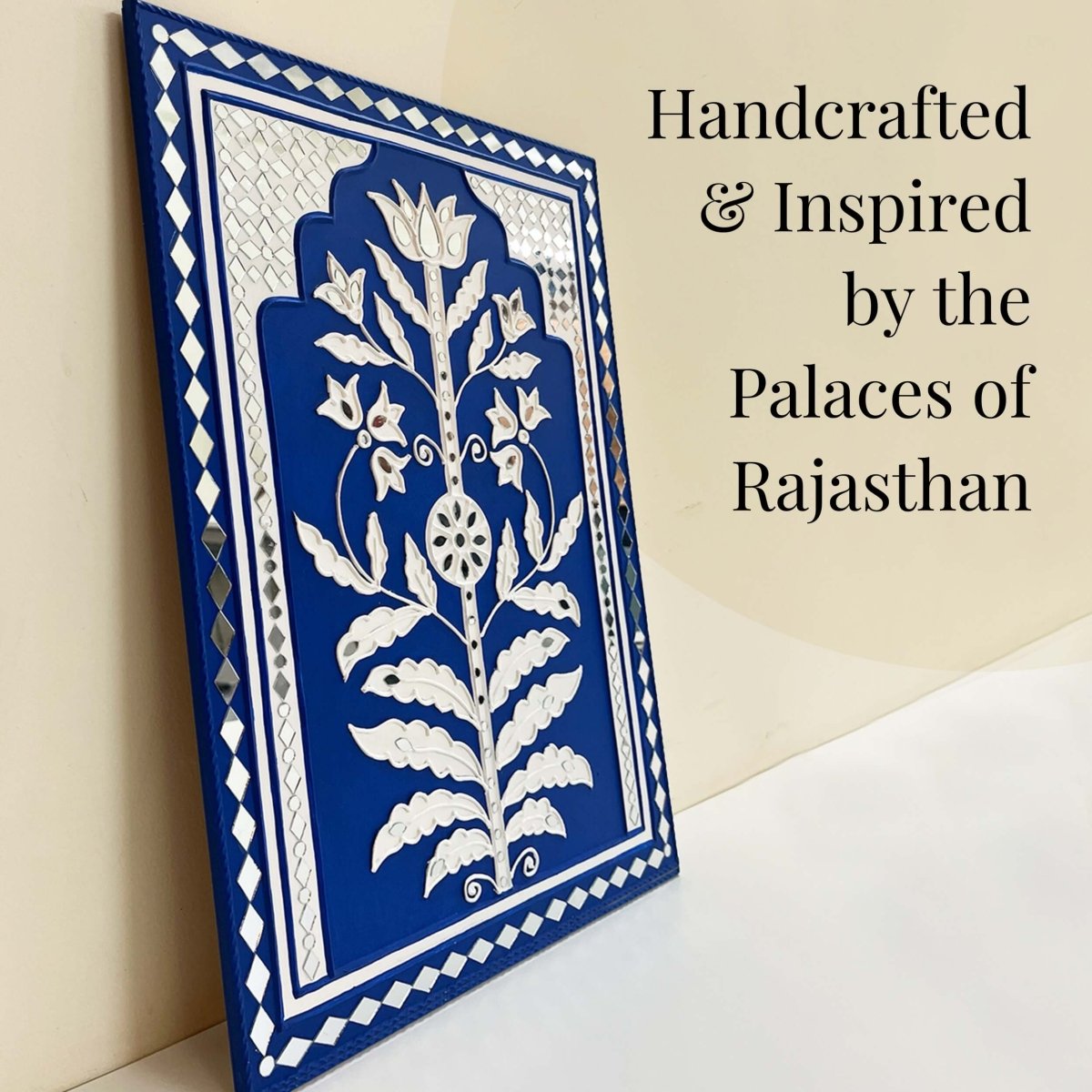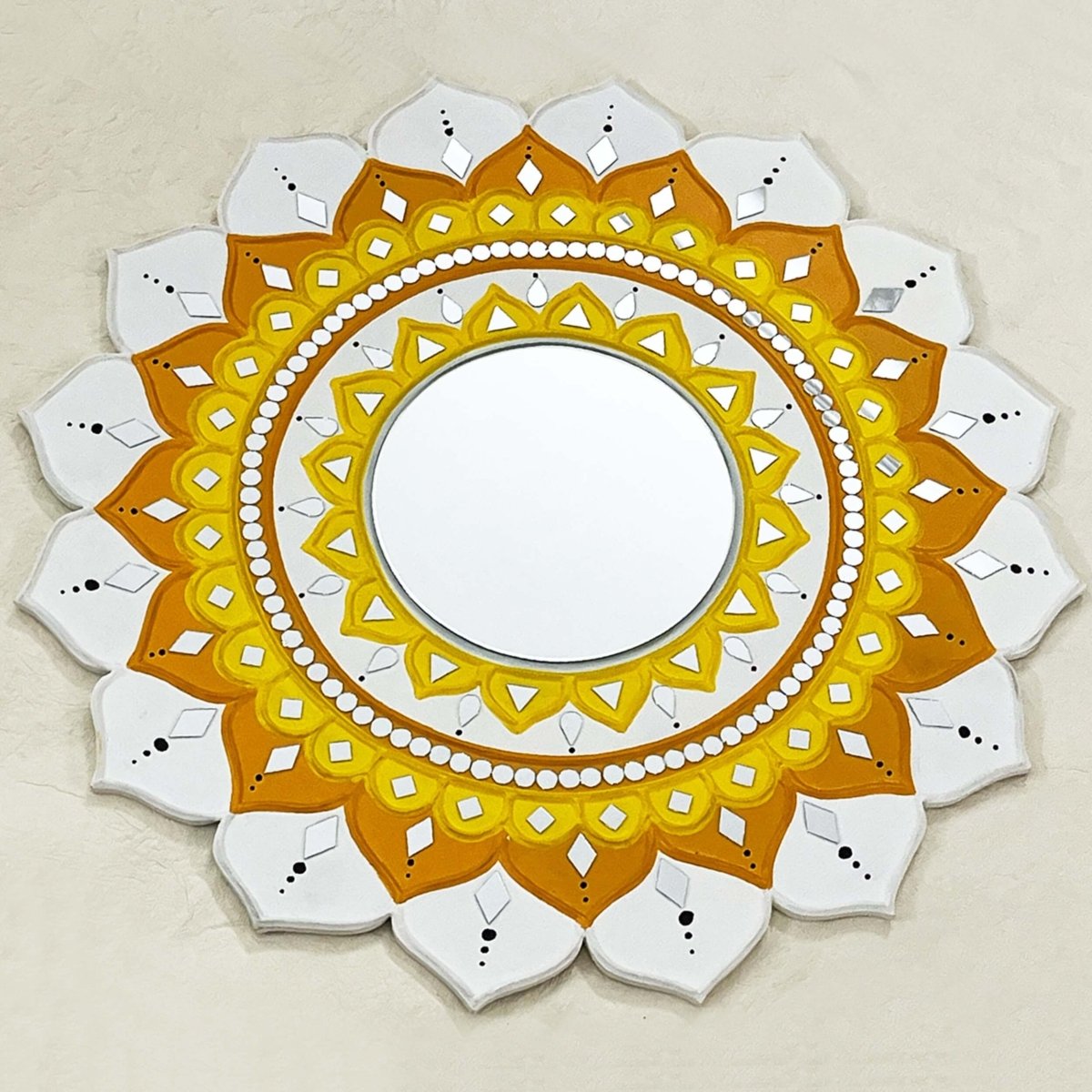Toru Dutt: Pioneer of the English Novel in India
BOOKMARK
Absurd may be the tale I tell,
Ill-suited to the marching times,
I loved the lips from which it fell,
So let it stand among my rhymes
-From the poem Jogadhya Uma by Toru Dutt
For over a century, Indian authors have been making waves globally for their contributions to English literature. From Rabindranath Tagore to Salman Rushdie, Jhumpa Lahiri, Arvind Adiga and Arundhati Roy, they have turned the Indian experience into compelling works of fiction that have garnered attention and acclaim.
When we talk of the firsts, though, we always forget the young girl from Bengal that started it all. Toru Dutt (1856 – 1877), a pioneer of Indian writing in English, was also the first Indian writer in French. She died at 21 but had already left behind a remarkable legacy.
Torulata Dutt was born on 4th March 1856 into the illustrious Dutt family of Rambagan, Calcutta. The Dutt family was one of the first Calcutta families to be strongly influenced by the British colonial and missionary presence. They were a part of a new class of people referred to as ‘Bhadralok’, who were upper-caste, liberally educated Indians known for their progressive, Westernised outlook and literary leanings.
Toru’s grandfather, Ramasay Dutt, was a judge with the Small Causes Court in the state and a notable educator, who co-founded the Hindu School. Located at Bankim Chatterjee Street in Kolkata, it was a prominent institution during the Bengal Renaissance.
Ramasay Dutt’s children were all writers and his son, Govin Chunder Dutt, Toru’s father, published The Dutt Family Album, the first anthology of English poetry written by a Bengali. Thus, Toru and her siblings, her oldest brother Abju and elder sister Aru, grew up in a poetically charged environment.
In his anthology, her father describes Toru as:
“Puny and elf-like, with disheveled tresses,
Self-willed and shy ne’er heeding that I call,
Intent to pay her tenderest addresses
To bird or cat, but most intelligent…”
When Toru was six years old, the Dutt family converted to Christianity. The children were educated at home by private tutors, and they learnt French and English, and eventually Sanskrit, in addition to their first language, Bengali. Their mother, who did not support the religious conversion initially, also told them tales from Indian epics along with those from Christian mythology.
But in 1865, tragedy struck the family when Abju died at the age of 14 due to tuberculosis. Deeply aggrieved, Govin Chunder Dutt felt that a change of location might do his family some good and along with his wife and two daughters left for Europe to settle there.
They first lived in France, where the girls were briefly enrolled at a boarding school and studied French. Then, the family spent some time in Italy before moving to England in 1870, where they were educated in Bible reading, music and history as well. It was a transformative period in Toru’s life as she engaged directly with British intellectual life, attended ‘Higher Lectures for Women’ at Cambridge and came in contact with a few English suffragists including Anne Jemima Clough.
However, in 1873, the family was forced to return to India due to the girls’ failing health. But by the time the Dutts were back in Calcutta, Toru and Aru had already embarked upon what would become a project ambitious enough to draw on all their recent learning: a series of translations of French poetry for an English-speaking public.
Back in India, at age 17, Toru found it challenging to adjust to a culture that now seemed foreign to her. In a letter to her friend back in England, she wrote, “I have not been to one dinner party or any party at all since we left Europe," and "If any friend of my grandmother happens to see me, the first question is, if I am married." Both statements expressed frustration with what she saw as a conservative society.
The sisters’ translation work featured in print for the first time, in The Bengal Magazine, in March 1874, under the initials ‘T.D.’ and ‘A.D’. But as Toru was finally beginning to focus on doing what she loved, another tragedy struck the family. Aru became seriously ill and died in July 1874.
On losing her constant companion, best friend and literary soul mate, Toru sought refuge in books, reading and writing with a new voice and intensity. She continued to contribute her translations to The Bengal Magazine and even The Calcutta Review. Besides poetry, she also translated a couple of speeches delivered in the French Legislative Assembly, including one that focused on a speech delivered by the great French poet, novelist and dramatist, Victor Hugo. In the next three years, Toru produced an impressive collection of poetry and prose, including two essays on the French Romantic poets Leconte de Lisle and Henry Vivian Derozio.
In 1876, at the age of 20, Toru published her first collection of poems called A Sheaf Gleaned In French Fields. The anthology contained translations of 165 poems (of which eight had been translated by Aru) by about 70 poets, with her critical notes on each piece. Her book was so well received that, within only a few months of its publication, it saw a second edition in 1878 and a third edition in 1880.
But Toru did not live to see these triumphs. The young litterateur and writer died of tuberculosis, which had earlier claimed both her siblings. She died on 30th August 1877, at the age of 21.
Her brief time on this earth and her passing can be best summed up in this verse from a poem titled On The Death Of A Young Girl by the French poet Évariste De Parny (1753 - 1814), translated by Toru herself:
But God had destined otherwise,
And so she gently fell asleep,
A creature of the starry skies,
Too lovely for the earth to keep.
After Toru’s death, when her father went through her work, he found many manuscripts of her writings and published them posthumously. One was an unfinished romance in English titled Bianca, Or, The Young Spanish Maiden, considered the first English novel by an Indian woman. The circumstances of the heroine of this tale, Bianca Garcia, the younger and only surviving daughter of a Spanish gentleman who had settled in an English village, have some touching resemblances with those of Toru’s life.
Another work was a complete French novel, Le Journal de Mademoiselle d’Arvers. It was the first French book by an Indian. It was an amazing feat for a foreigner, that too for a young ‘Hindu’ woman from Calcutta, to have written a novel in French, which is why this fact was boldly displayed on the title page, just below the title; ‘Nouvelle écrite en Français par Toru Dutt, jeune et célèbre Hindoue de Calcutta, morte en 1877’ (‘A novel written in French by Toru Dutt, a famous Hindu from Calcutta who died in 1877’).
Another work Toru left behind, and which made her famous in the literary world, is Ancient Ballads And Legends of Hindustan. It compiles her narrative adaptations based on Sanskrit literature like the Ramayana, the Mahabharata and the Vishnu Purana, along with seven original compositions.
In her research paper The Enigma of Toru Dutt, Meera Jagannathan observes that Toru’s French novel “is a story steeped in Christian piety and European ethos, in which a young, beautiful heroine suffers in silent martyrdom for the crimes of a man she has loved, whereas Ancient Ballads..., written in English, seeks inspiration from Hindu mythology and portrays strong-willed women like Savitri, who brings back her husband from the netherworld.”
No weariness, O Death, I feel,
And how should I, when by the side
Of Satyavan? In woe and weal
To be a helpmate swears the bride.
This is my place; by solemn oath
Wherever thou conductest him
I too must go, to keep my troth…
- From The Ballad of Savitri by Toru Dutt
When Ancient Ballads… was published in 1882, English poet and critic Edmund Gosse wrote an introductory memoir for it, “...She did not Anglicize her ideas but kept close to the ethical values of the original tales while her understanding of modern life and dedication to craft helped her to make these ideas of yore relevant to posterity.”
Toru’s interest in Indian mythology grew largely out of curiosity when she had, as a child, witnessed her mother recite stories from the Hindu scriptures and whose recitation brought forth tears, simply due to the charm which lay in the ancient lands of India, as mentioned by Toru in one of her letters to a friend.
While Toru has gone down in literary history as a pioneer of English writing in India, she has attracted her share of criticism for her very stark style, shortcomings of meter and over-sentimental writing. But none of this can take away from the fact that she was a brilliant young woman with a talent that made the people in Europe take serious note of Indians writing in English. Also, her contribution to the French language and literature is commendable along with her storytelling of Indian folklore. In just a few years, Toru was able to produce so much of lasting worth.
Nineteenth-century French critic James Darmesteter pays her a fitting tribute, “The daughter of Bengal, so admirable and so strangely gifted, Hindu by race and tradition, and an English woman by education, a French woman at heart, a poet in English, prose writer in French, who at the age of 18 made India acquainted with the poets of French herself, who blended in herself three souls and three traditions, died at the age of 21 in the full bloom of her talent and on the eve of the awakening of her genius, presents in the history of literature a phenomenon without parallel.”









